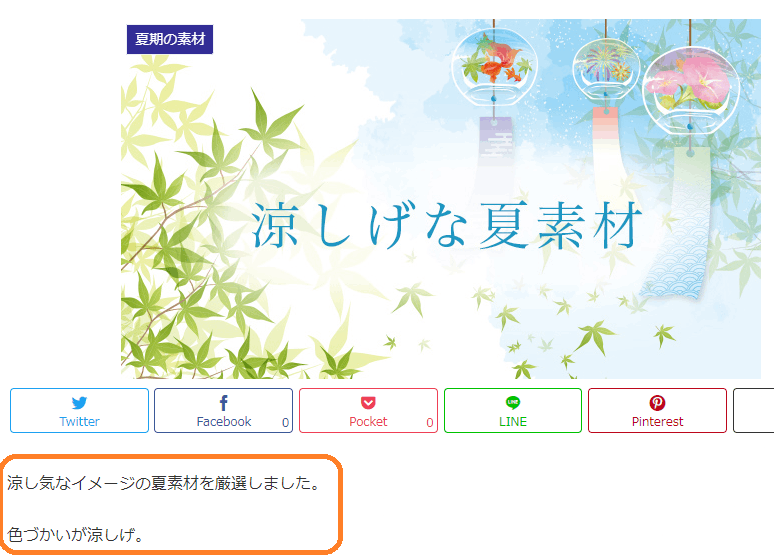げ (ge) Meaning Japanese Grammar - It Seems
Anna Baffa Volpe
Get in touch with meThe suffix げ (ge) is quite common in the Japanese language; it is translated as seemingly, giving appearance of.
We analysed in a previous post the synonym for げ: そう which refers to something that looks or appears in a certain way.
In this post, we look at the meaning of げ and its transcription into Kanji, the use of げ mainly with adjectives and combined with the volitional form expressed by たい.
How げ is formed
げ is a suffix used mainly with adjectives; use with nouns and verbs is possible, but limited.
How to use げ
The Kanji transcription of げ is 気 which has various meanings: air, atmosphere, energy, mood, spirit.
It is used to express the feeling and impression that the person or situation gives off; it refers to something that looks a certain way, you don't have the certainty that it is that way, but you have the feeling that it is in the way described.
げ is synonymous with そう, that describes what it looks like to us.
彼女は嬉しげだ。
She looks happy.
⇨ 彼女は嬉しそうだ。 The term in げ may be followed by the copula だ or by the particles な and に.
げ followed by な forms a new adjective and followed by に becomes an adverb.
Use as an adjective: げな
Adjectives in い lose the vowel い and adjectives in な are used without the syllable な.
happy ⇨ looking happy
satisfied ⇨ looking satisified
Example with the adjective 楽しい: cheerful
- 楽しい人 a
cheerful person; use of the い adjective - 楽し気な人 literally: a
happy-looking person, an amused person; use of the form げな
Differences between the two descriptions:
- 楽しい人 refers to a person who is basically happy and joyful; it describes their personality and disposition
- 楽し気な人 refers to a person who is cheerful and lively like 楽しい, likes to have fun, but describes more the mood of the moment
Example with the adjective 怪しい suspicious, dubious :
- 怪しい人 a
suspicious person - 怪しげな人 a
dubious person
怪しげな人が家の回りをウロウロしている。
A suspicious person is loitering around the house.
Example with the な adjective: 親切な kind, gentle
- 親切な人 refers to a
gentlemanandgentlewoman(personality) - 親切気な人 describes a friendly person, who makes a good impression on others
Image from a Website offering free illustrated images:

涼し気な夏素材
Summer fabrics that give a cool feeling
We also find 涼し気 in the description below the picture:
涼し気なイメージの夏素材を厳選しました。色づかいが涼しげ。
We have carefully selected summer fabrics with a cool image. The coloring is refreshing.
Use as adverb: げに
楽しげに joyfully, happily
遠足に来た子供達は楽しげに弁当を食べている。
Children on a field trip are happily eating their lunch.
げ used in combination with the volitional たい
It is not unusual to find げ joined to the volitional form expressed by たい. たい loses the い as with adjectives and becomes たげ.
そんなことは言われなくてもわかってるわよ、と言いたげな目だった。
She looked at me as if to say, 'I know you don't have to tell me that'.
A sentence that sounds like a pun, we are particularly interested in the 言いた_げな_ part:
comes from 言いたい
I want to say,I meanjoined to げ becomes 言い_たげ_
adding な the whole expression functions as an adjective placed before the noun 目:
a look that seems to say...Other examples with the verb
say言う combined with the structure たい + げ:
「物言いたげな顔つき」
'He has an expression as if he wants to say something'
彼は何か言いたげだったが、何も言わずに部屋を出て行った。
He looked like he wanted to say something, but he left the room without saying anything.
げ combined with the verb ある
As I mentioned, the use of the げ structure with verbs is less common. Here is an example with the verb ある being, existing which is used with the Base in い or B2 + げ.
- 意味ある:
having a meaning,being meaningful
何か意味ありげな様子
It looks like it has some meaning.
Examples of げ
新しい家の中を案内してくれた時の彼の嬉しげ様子を私は今も覚えている。
I still remember how happy he looked when he showed me around his new home.
It may happen as in the previous sentence that the syllable な is omitted between the adjective in げ form and the noun that follows; both forms are correct.
In general, if な is omitted it is an objective statement, whereas if we use な the statement is subjective.
'僕の車は日本製だ'と彼は得意げに言った。
'My car is made in Japan,' he said, proudly.
入学式の朝、息子はとても不安げだったが、学校から帰ってくると、明るい表情だった。
On the morning of the entrance ceremony, my son was very anxious, but when he came home from school he was cheerful.
In this last sentence we have the term in げ joined to the copula だ.
Similar grammar points in Japanese 📚
というふうに
というふうに (to iu fuu ni) Meaning Japanese Grammar - in Such a Way That...
そんなふうに
そんなふうに (sonna fuu ni) Meaning Japanese Grammar - Like That
あんなふうに
あんなふうに (anna fuu ni) Meaning Japanese Grammar - Like That
ふうに
ふうに (fuu ni) Meaning Japanese Grammar - In a Way
こんなふうに
こんなふうに (konna fuu ni) Meaning Japanese Grammar - Like This
っていうふうに
っていうふうに (tte iu fuu ni) Meaning Japanese Grammar - In Such a Way That...